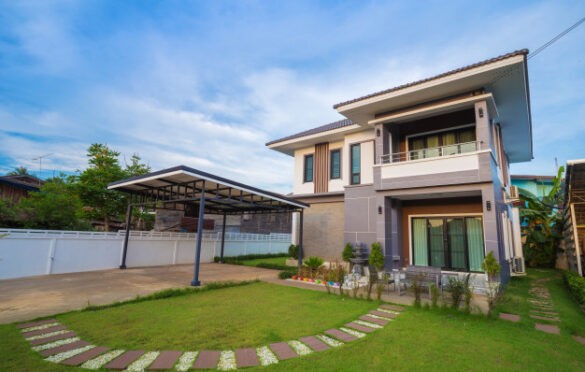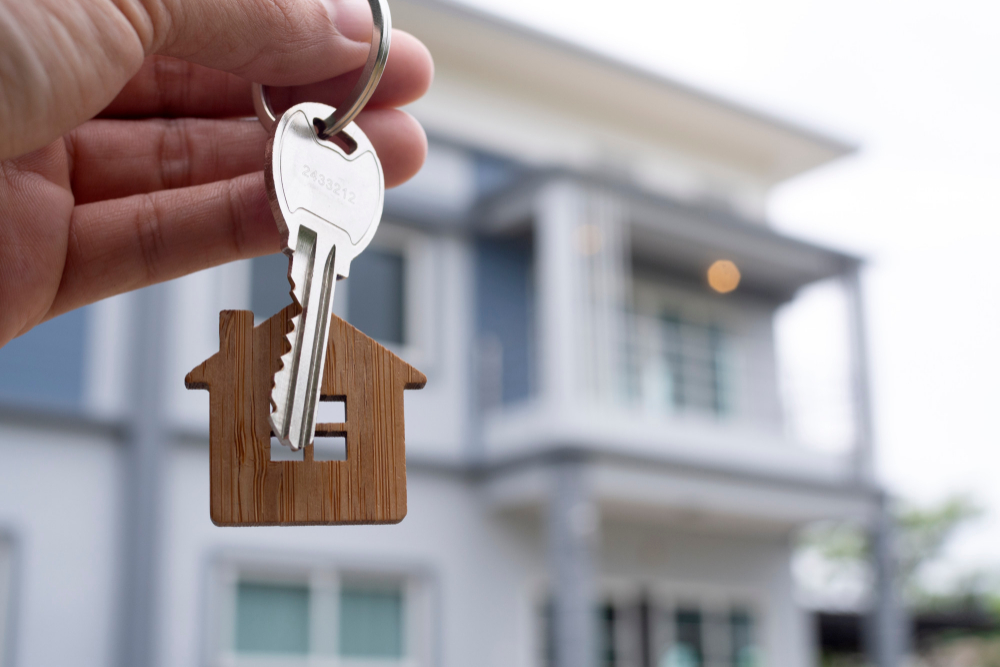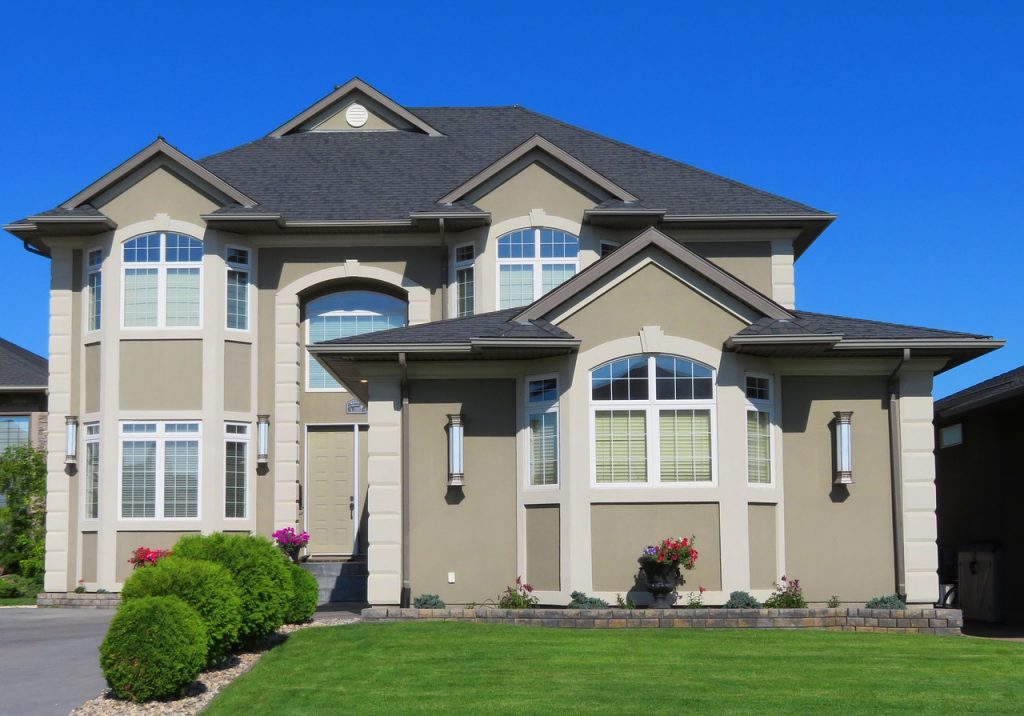

OPOD: Home is where the heart is
Everything we do is for our family. This is true for most men (especially, married ones). The journey could take several years of sweat, toil and tears. It gets more difficult for men who have to strive to ensure things are in place before having families of their own — a roof over the head is usually the minimum requirement.
Besides the relief from rental pressures, there are other social and psychological benefits to owning a home. Many young families dream of it because it bestows a sense of accomplishment and pride.
Growing up as a man takes a lot especially after becoming a graduate. The next phase is usually to explore the path to independence and self-sustenance. Among the indicators of growth, the ability to pay for one’s rent (yearly or monthly), is a vital one.
Decent accommodation in urban centres in Nigeria ranges from 120,000 to 2,000,000 naira per annum depending on the location and the size of the apartments. When you compare this with the national minimum wage, general average income this could mean that more than 25% of a man’s yearly earnings go for house rent. This figure can be huge if calculated over 10 to 20 years. Most people spend a big part of their lives living as tenants, even though they desire to own their own homes.
According to a study conducted by NOI Polls in 2014, 51% of Nigerians currently live in rented accommodation, only 31% of Nigerians surveyed said they lived in their ‘personal house’ which they may have built, purchased, or inherited.
Owning a home is the dream of everyone
One of the important lessons from the book ‘The Richest Man in Babylon‘ by George Clason is “Own thy own home”. This advice is even more important for the average African family. One basic advantage of owning one’s home is, it solves the problem of rent. There’s also the social and psychological aspect of having a home. It’s the dream of many young families and bestows a sense of accomplishment and pride.
Every man hopes to get a place they can call their own, where they don’t have to pay yearly rentals and many other associated bills, thereby saving money in the process. However, with the year-on-year increase in Nigeria’s population, decent and affordable accommodation has become a scarce commodity especially in big cities like Lagos, Abuja, and Port Harcourt. In 1991, the Nigeria housing deficit was at 7 million. It grew to 12 million in 2007, 14 million in 2010, and 17 million units based on this 2012 report. This means that tenants will pay as high as 60% of their average income due to high housing demand in contrast with supply. This rate is higher than the 20-30% recommended by the United Nations.
While the Federal and State governments are taking steps to tackle the housing problem in Nigeria through initiatives such as the National Housing Fund (NHF), Federal Mortgage Bank of Nigeria (FMBN), Nigeria Mortgage Refinance Company (NMRC) and various home ownership schemes, there’s more to be done.
Dolapo Omidire, a Lagos-based real estate research analyst and editor at Estate Intel, argues that trying to approach the problem from the mortgage aspect may not be as successful as financial history and depth of data are still largely unavailable, meaning that many eligible candidates are often left out. The same can be said for eligible candidates with steady incomes who have not been able to save enough for a down payment.
In an attempt to solve this problem, two friends Ken Ubani and Ugo Okoli founded OPOD Africa, a fintech startup that enables consumers, lenders, real estate agents, and property developers to connect and transact throughout the end-to-end mortgage and property acquisition process seamlessly and securely.
“At OPOD, we are using historic and current financial profiles, as well as predictive financial behavioural aggregate data to help our customers realize homeownership through affordable mortgage repayment packages,” says Ugo Okoli, Cofounder OPOD.
OPOD’s aim is to transform the current cumbersome and a rather rudimentary mortgage lending process currently existent in Nigeria and across Africa eventually. With an existing 17 million housing deficit in Nigeria prompting the boom in the real estate sector, many of the over 15 million Nigerians in the diaspora and many millions of Nigerian residents are seeking to be homeowners and/or desire to acquire properties for investment.
Visit OPOD and subscribe to our newsletters to learn more.




